

Staying informed is difficult, especially around conservation. Nature Needs Half news updates deliver you the latest information on the work to protect half, both internationally and regionally.

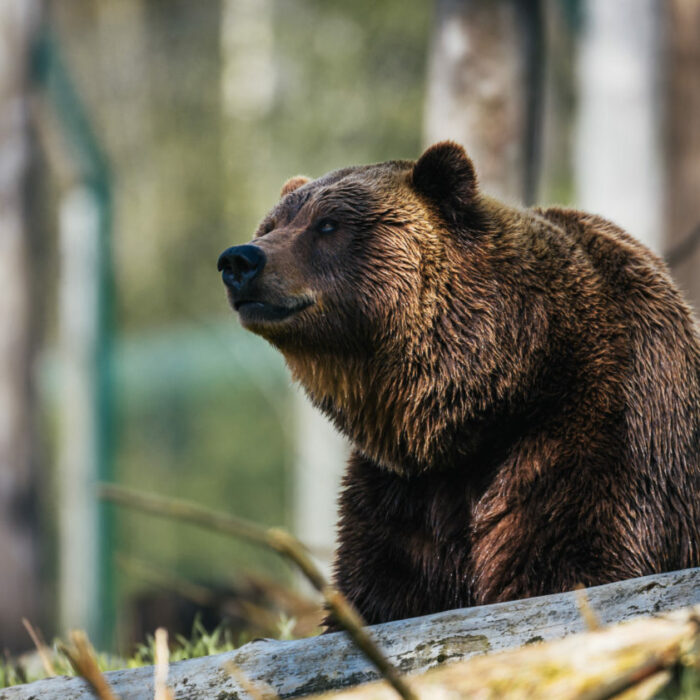
Posted in All Articles, News & Publications on 08/14/19
Contact: Amy Lewis ...
Read More

Posted in All Articles, Blog, News & Publications on 04/19/19
Scientists call for a ‘Global Deal for Nature’ to solve two interlinked crises – biodiversity loss and climate change A growing number of conservation scientists and environmental leaders now support calls for a Global Deal for Nature (GDN) as a companion to the Paris Climate Agreement to tackle the two major crises of biodiversity loss and climate change. The Global Deal for Nature paper is the first effort...
Read More
Posted in All Articles, Blog, News & Publications on 04/9/19
You are invited to encourage the United Nations to protect half the planet. Deadline: April 15th, 2019 Citizens from around the world are being asked to contribute recommendations to the United Nations for the protection of Earth's biodiversity. These recommendations will influence the historic 2020 Convention on Biodiversity. The deadline to submit comments is April 15th, 2019. We need YOUR help to encourage the United Nations to...
Read More
Posted in All Articles, News & Publications on 01/17/19
Food in the Anthropocene: the EAT–Lancet Commission on healthy diets from sustainable food systems Nature Needs Half (NNH)/Half Earth used as benchmark for sustainable food systems In a landmark study – “Food in the Anthropocene: the EAT-Lancet Commission on healthy diets from sustainable food systems” – published online and to be launched subsequently in more than 30 cities across the world, the NNH/Half Earth concept together with seven other...
Read More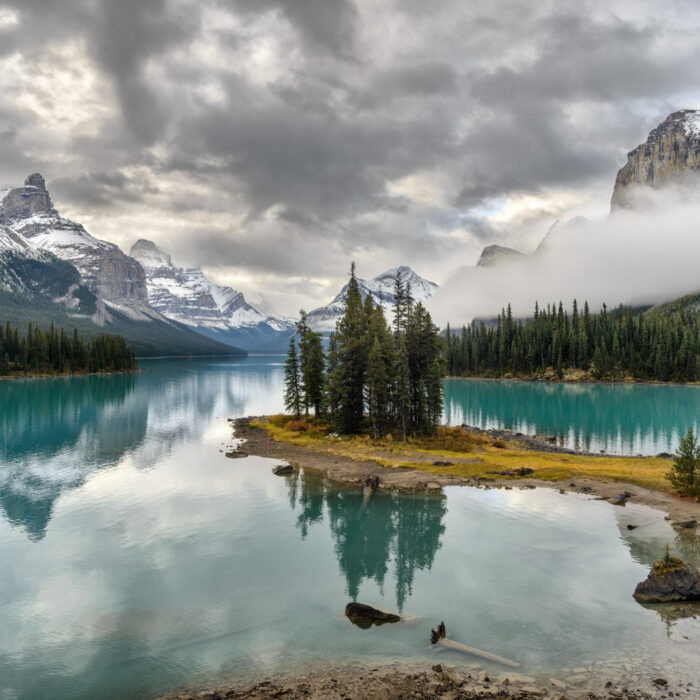
Posted in All Articles, News & Publications on 12/31/18
Summary The Canadian Space for Nature Survey polled over 2,000 Canadians across the country about their perspectives on parks and protected areas. Those polled were from a broad range of ages, educations, and incomes, with different geographical locations, genders, and household compositions. Regardless of these differences, the Canadian Space for Nature Survey found that across Canada there is overwhelming support for protected areas. 93% of Canadians believe that protected...
Read More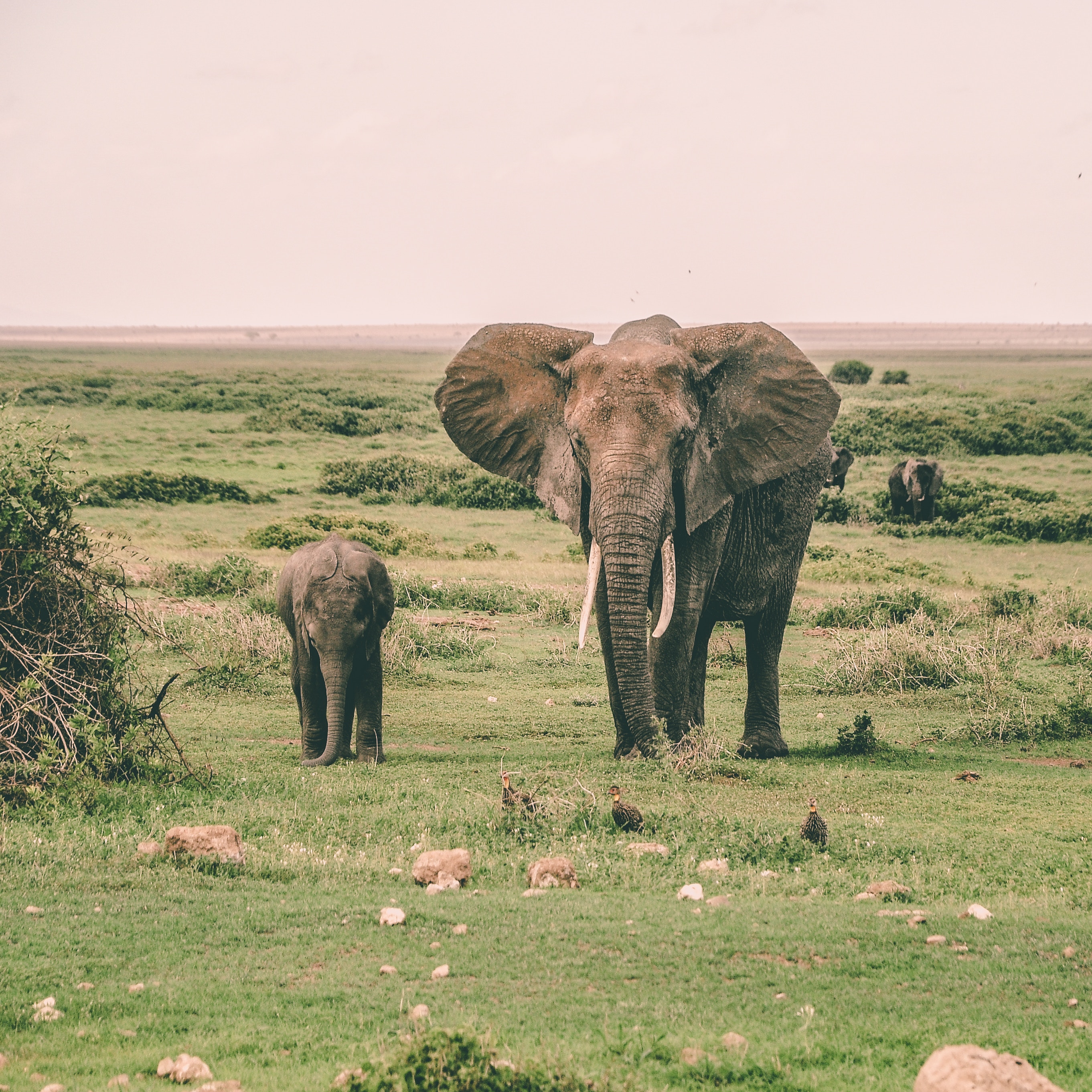
Posted in All Articles, News & Publications on 12/4/18
Kenny Ausubel, CEO and founder of Bioneers, introduced Justin Winters at the Bioneers Conference on October 20th, 2018. With contributions from scientists and partners around the world, One Earth, an initiative of the Leonardo DiCaprio Foundation (LDF), has developed a bold, new plan to avert a climate crisis and protect our biosphere. Justin Winters, LDF's Executive Director, explains the three goals humanity needs to achieve by 2050: Transform our energy systems to...
Read More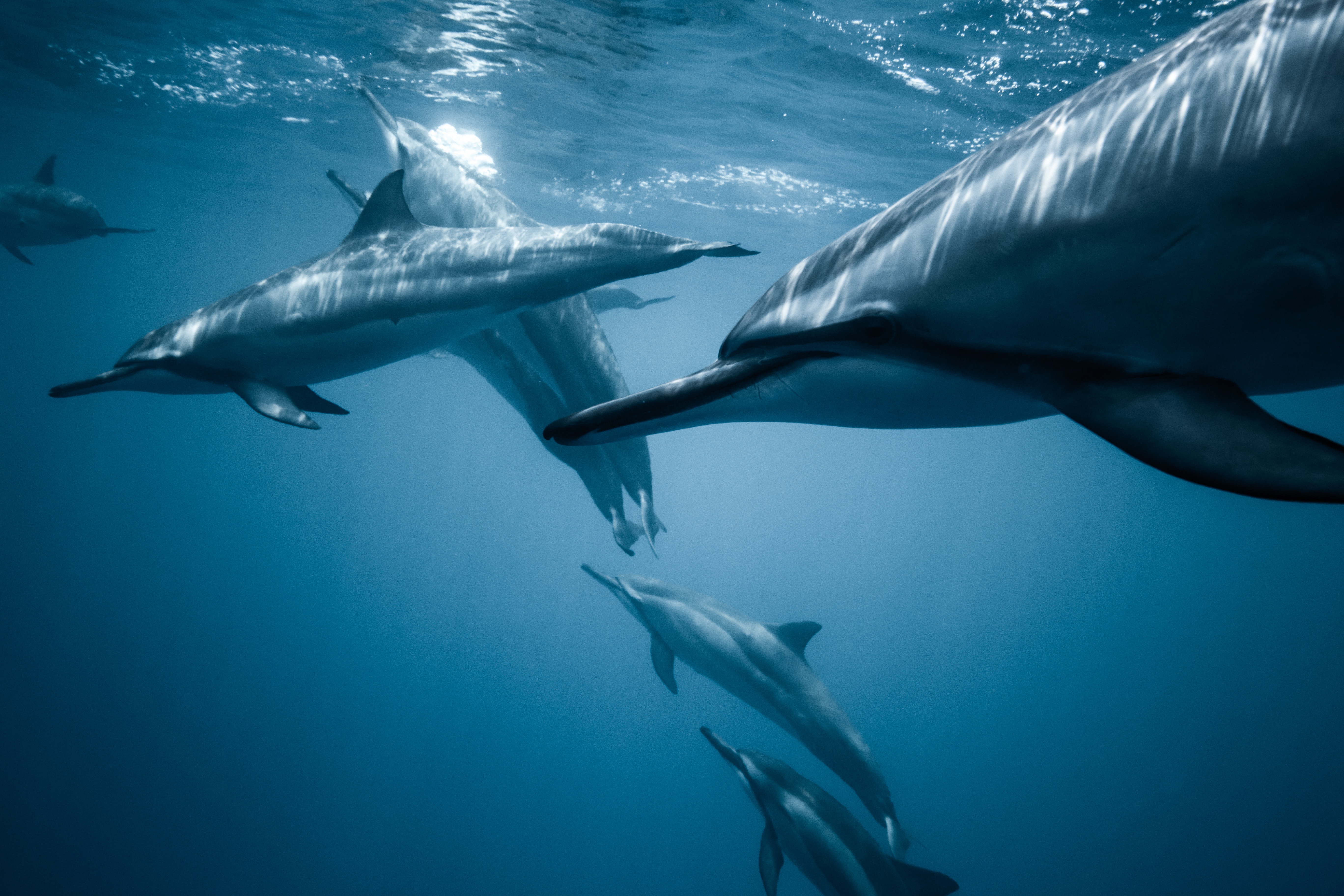
Posted in Blog, News & Publications on 10/5/18
The 8 Million Species We Don't Know The history of conservation is a story of many victories in a losing war. Having served on the boards of global conservation organizations for more than 30 years, I know very well the sweat, tears and even blood shed by those who dedicate their lives to saving species. Their efforts have led to major achievements, but they have been only...
Read More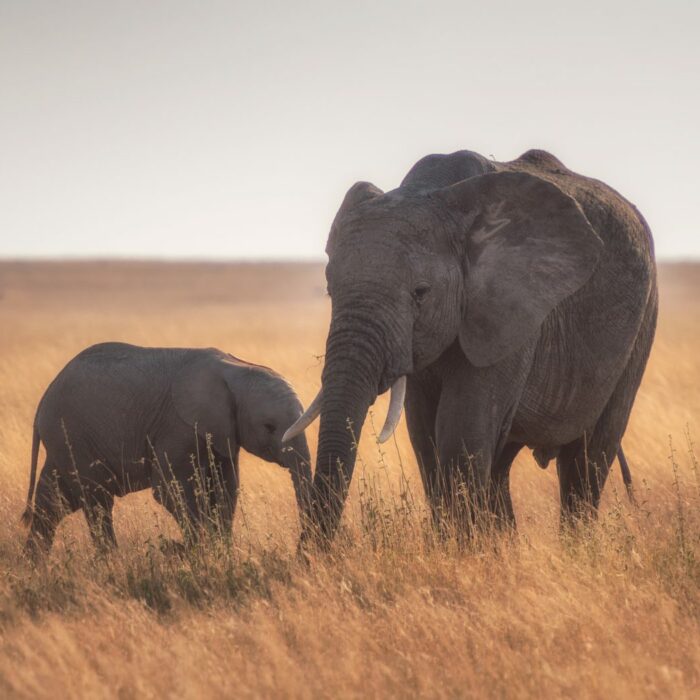
Posted in Blog, News & Publications on 10/5/18
Make half of world more nature-friendly by 2050, urges UN biodiversity chief At least half of the world should be made more nature-friendly by 2050 to ensure the wellbeing of humanity, according to the UN chief leading efforts to create a new global pact on biodiversity. The call to strengthen the world’s life support system comes ahead of a major conference in Beijing in 2020 that many hope will...
Read More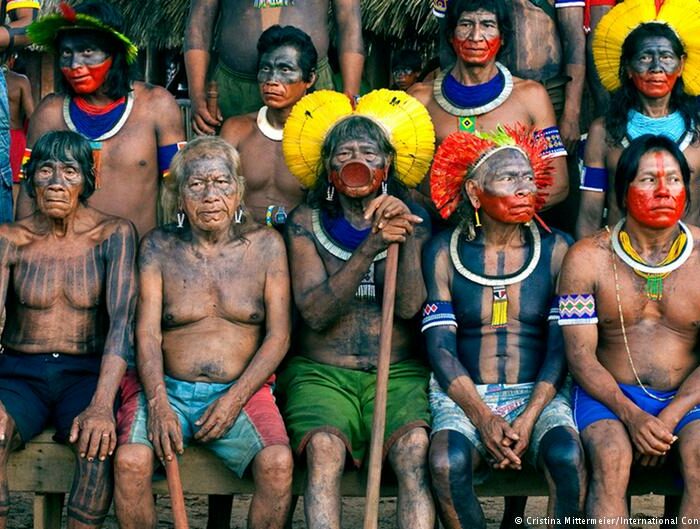
Posted in All Articles, News & Publications, Papers & Publications on 03/12/21
Joint declaration of the Indigenous Peoples of the world to the CBD
Read More
Posted in All Articles, News & Publications, Papers & Publications on 09/19/18
How to conserve half the planet without going hungry By Zia Mehrabi, Erle C. Ellis And Navin Ramankutty Every day there are roughly 386,000 new mouths to feed, and in that same 24 hours, scientists estimate between one and 100 species will go extinct. That's it. Lost forever. To deal with the biodiversity crisis we need to find a way to give nature more space—habitat loss is a key factor driving these extinctions. But...
Read More